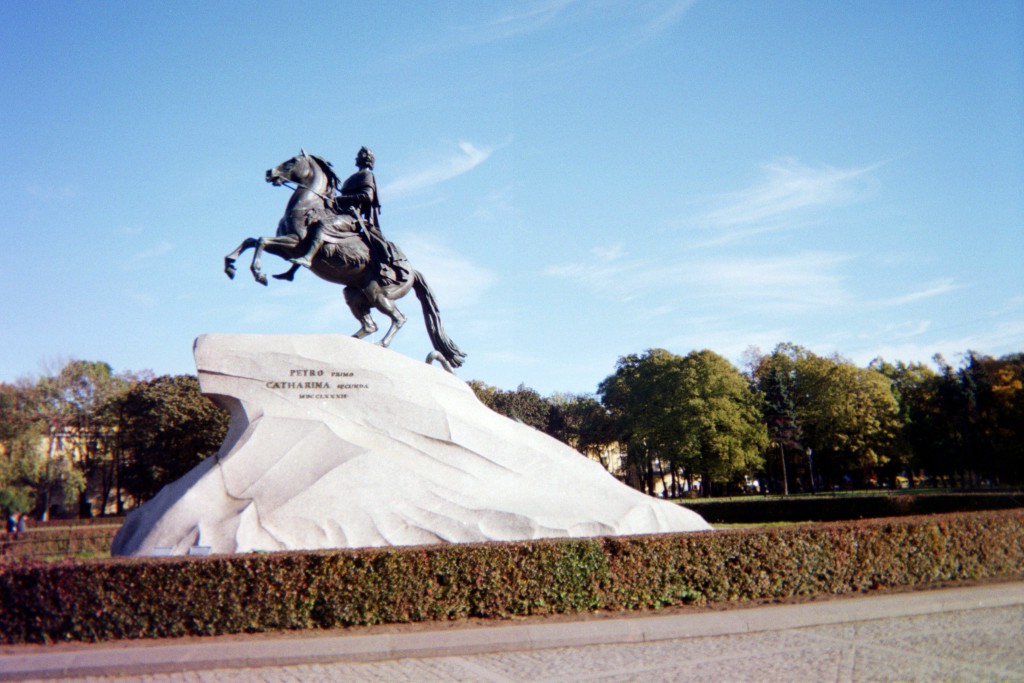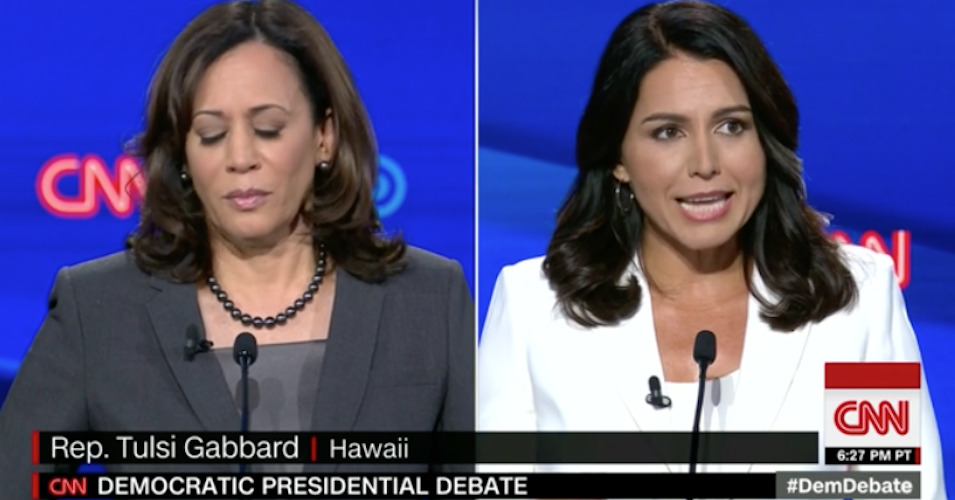
The U.S. has often had a complicated relationship with Russia. During our civil war, Czar Alexander II sent naval support to the Union forces and enjoyed an amiable correspondence with Abraham Lincoln. As the 19th century transitioned into the 20th, various missionary style ideologues had been projecting a combination of their own hopes and fears onto imperial Russia. This was perhaps most reflected in the writings of the first George Kennan, an explorer and journalist who initially had sympathy for the vast and mysterious nation at the outer edges of Europe, but then turned hostile and actively championed a revolutionary overthrow of the czarist government.
Then we were allies in WWI but it didn’t take long for hostility to set back in as the Bolsheviks took the reins of power, pulled out of the war and seized certain assets, threatening western political and corporate interests. Along with the British, Washington militarily supported counter-revolutionary forces and a cold war of sorts soon emerged in which Washington refused to officially recognize the Soviet government until 1933.
We were again allies, this time against the Nazi juggernaut in WWII. And again, the partnership didn’t last as Roosevelt died in office, which brought a foreign policy ignoramus with a dubious psychological profile into the White House. Truman facilitated poor decisions that paved the way for the next Cold War and a dangerous nuclear arms race.
After Reagan and Gorbachev negotiated an end to that Cold War, Bill Clinton broke the promises made to Gorbachev that in exchange for allowing a reunified Germany into NATO, the military alliance would not move “one inch east” further toward Russia’s borders.
Then the Bush II administration gave the Neocons – whose hatred of Russia is part of what defines them, in addition to conflating Israel’s interests with Washington’s – the freedom to start their nihilistic campaign of destroying whole countries in order to save them, normalizing the ideas of overt war and brutality. Obama continued to harbor just enough Neocons in the State Department to grease the wheels of the Ukraine Crisis in 2013-2014.
And we’ve all seen just what a quick and thorough job the establishment did of using Trump as a punching bag for even suggesting in polite company that we should try to have good relations with Russia.
Of course, it hasn’t just been the United States that has had a strange mix of fascination and hostility toward Russia. Europe’s imperial powers competed with each other for years, with the British Empire and the Russian Empire engaged in the Great Game for most of the 19th century.
However, despite the major advancements made by Russia in the eras of Peter the Great and Catherine the Great, Russia had still lagged behind its western European counterparts in terms of industrialization and development. From the mid-nineteenth century on, Russia was catching up, enjoying impressive growth rates, industrializing quickly and building railroads, etc. It was part of an eastward pattern of advancement among European countries. The British, the French and the Germans/Prussians figured that it was just a matter of time before Russia would have its moment in the sun and be the major power. All it needed was reasonably competent leadership.
Even though Russia had lagged behind, its awesome potential was apparent to any one who cared to look. Its vast size and prodigious resources alone were formidable.
Fast forward to today. Its vast size – the largest country geographically in the world – and its prodigious resources are still there. But now, having overcome its historical issues with poor agricultural policies, it also has the ability to feed itself, a highly educated citizenry, and the industrial infrastructure to support a space program as well as a sophisticated nuclear and defense system. It has the ability to build cars, trucks, and airplanes completely within its own borders. Unlike many countries in the world, it has very little external debt and major gold reserves. It is weathering the sanctions against it better than Iran or Venezuela.
Given all of this, it is clear that with smart leadership to guide it competently over a period of time, Russia has the potential to be a real force to be reckoned with.
I imagine this has something to do with why a former diplomat said that once it became known that Putin was going to become president of Russia in 2000, “the knives were drawn” in Washington.
